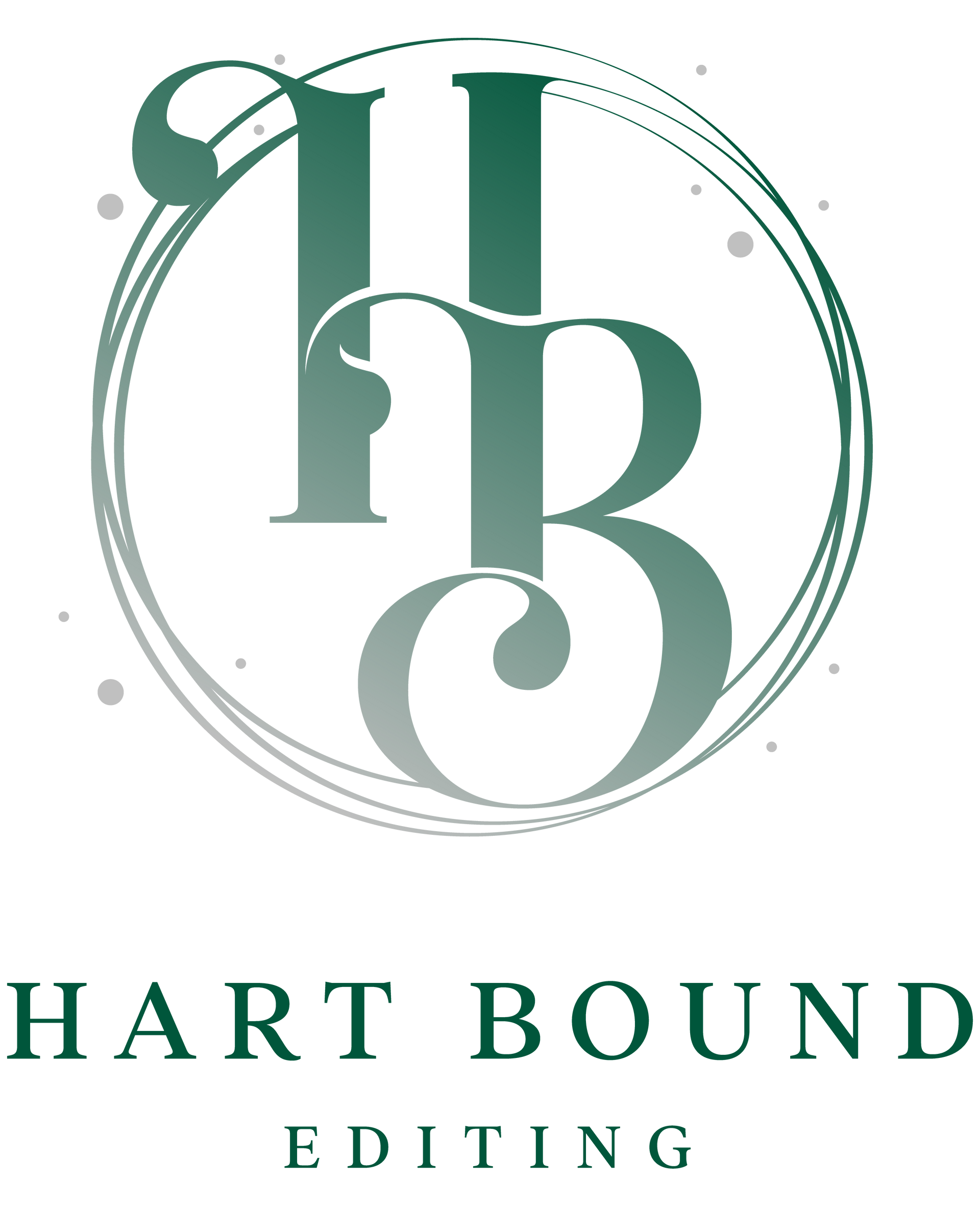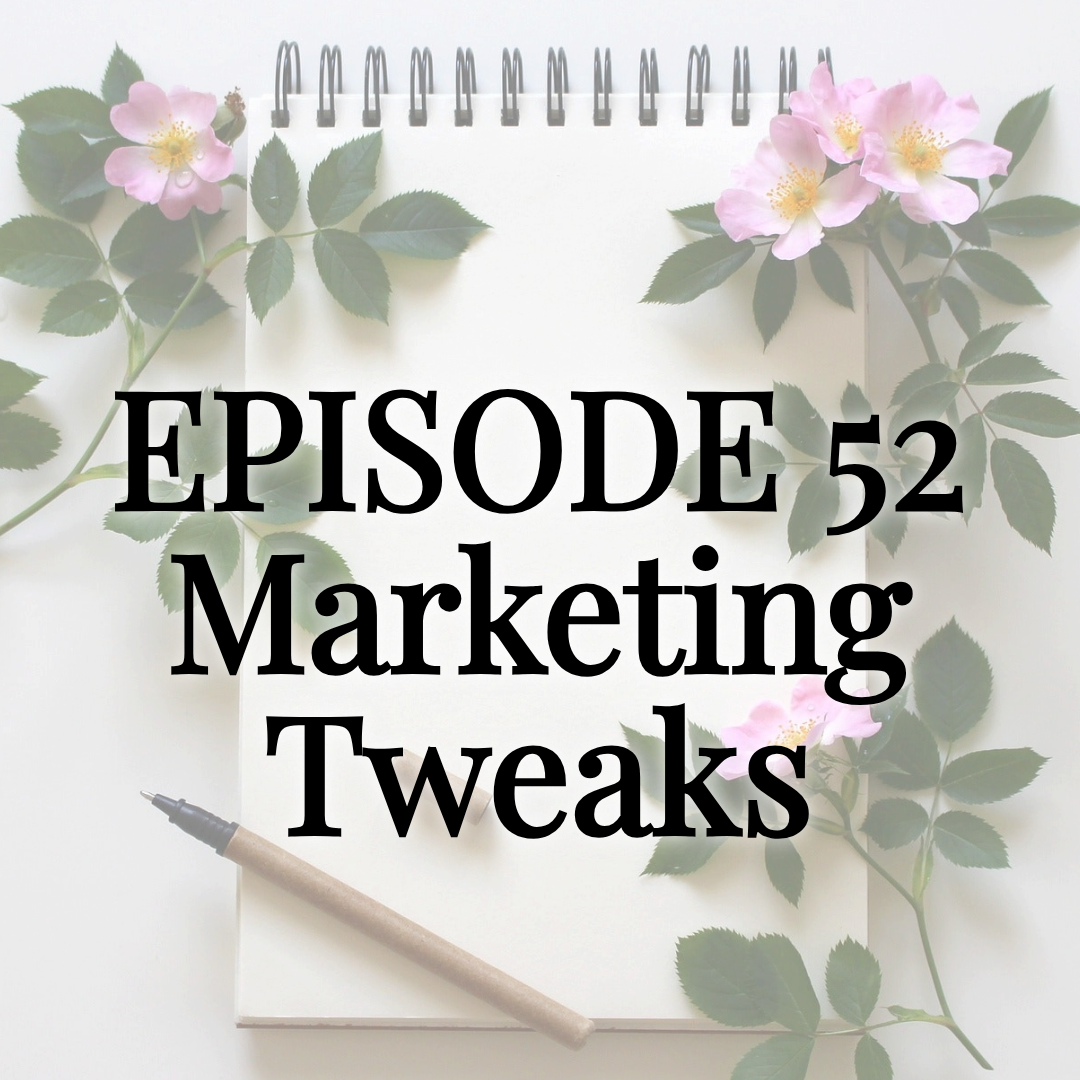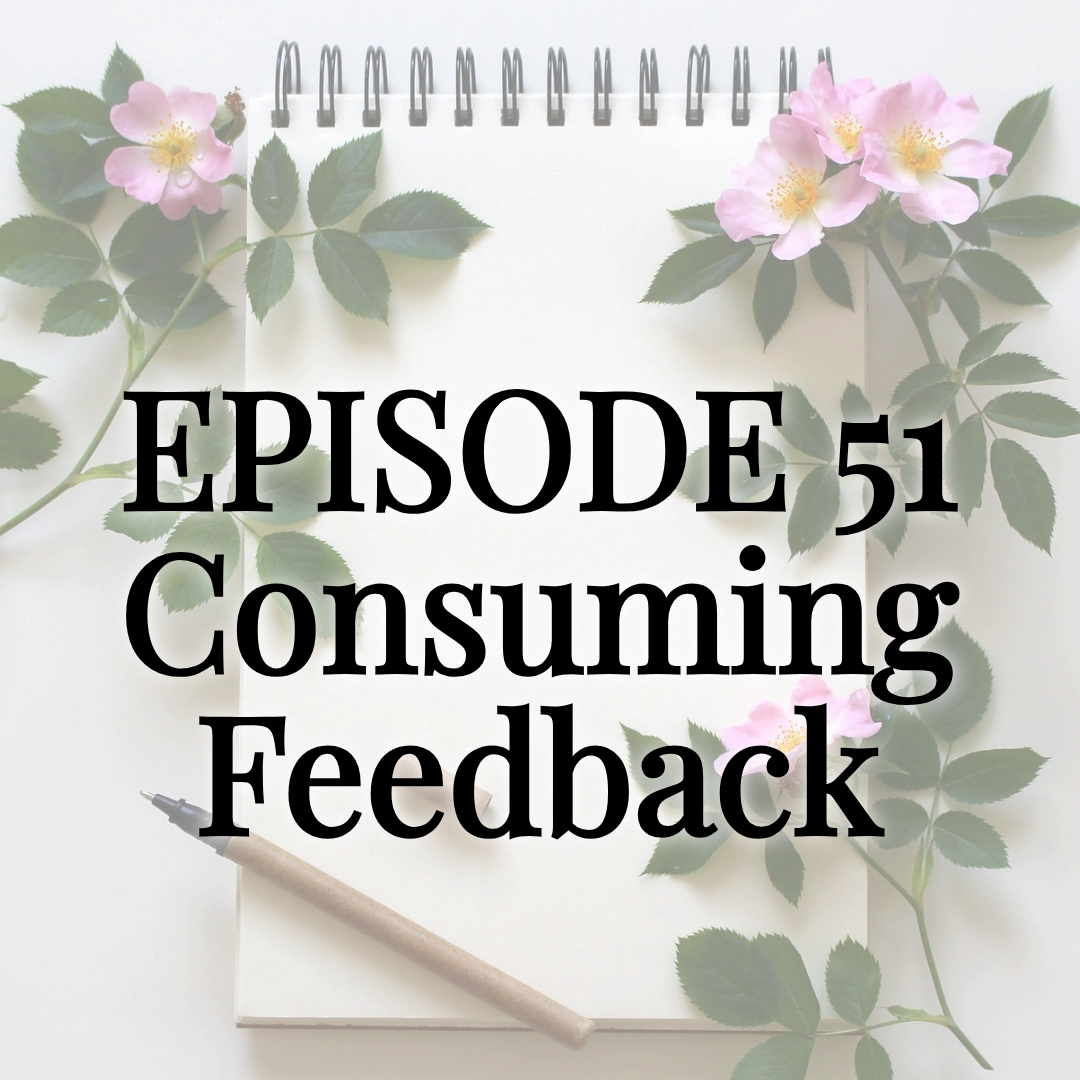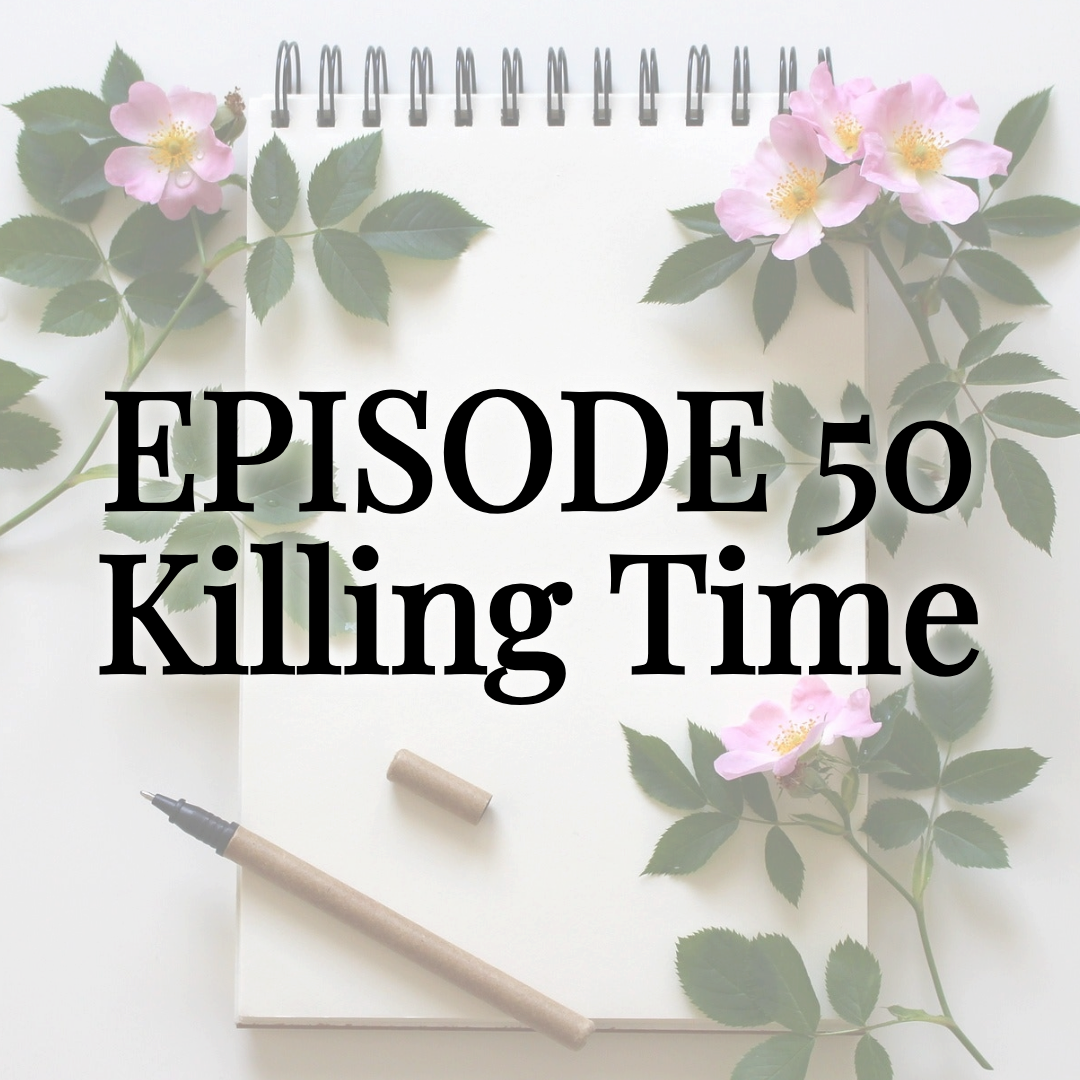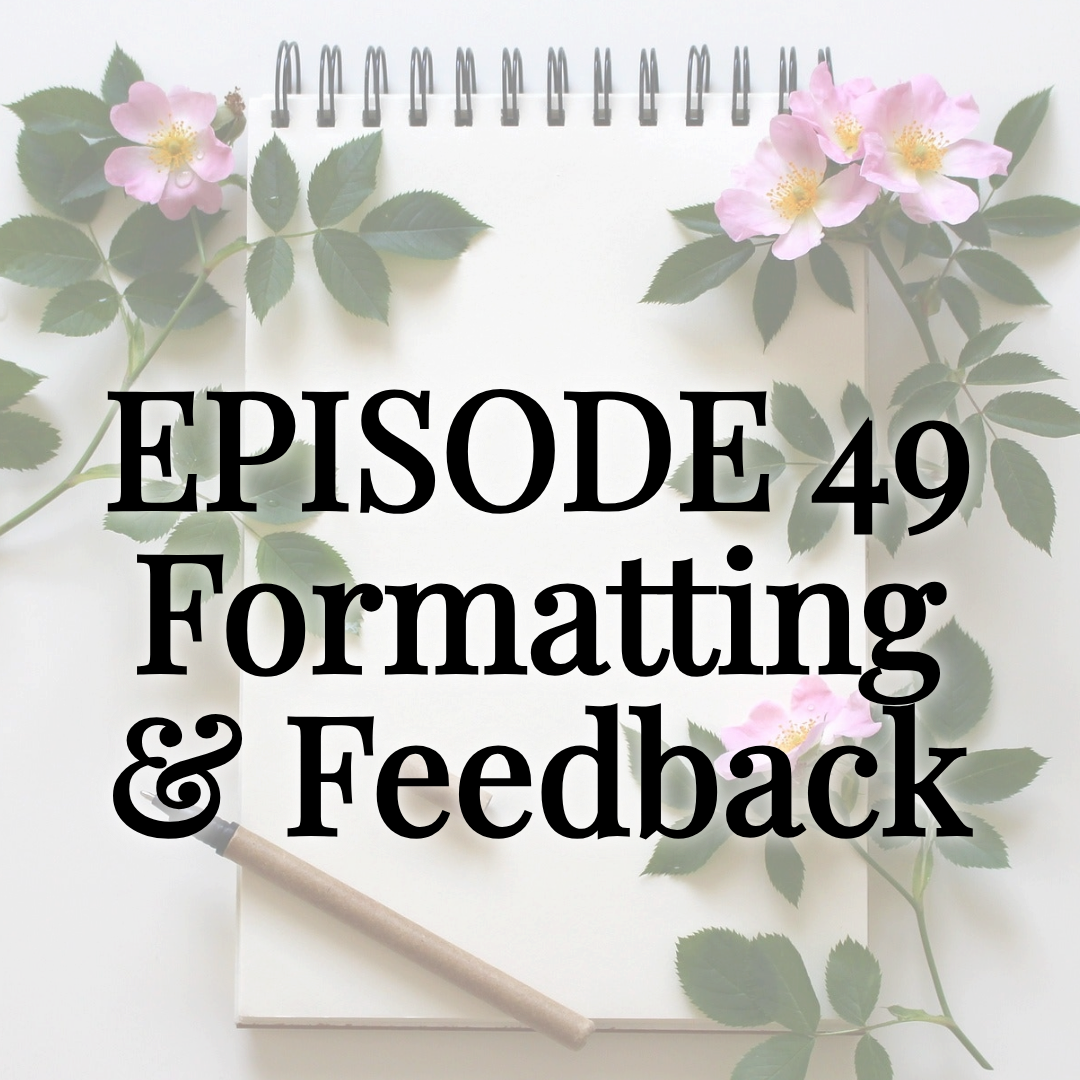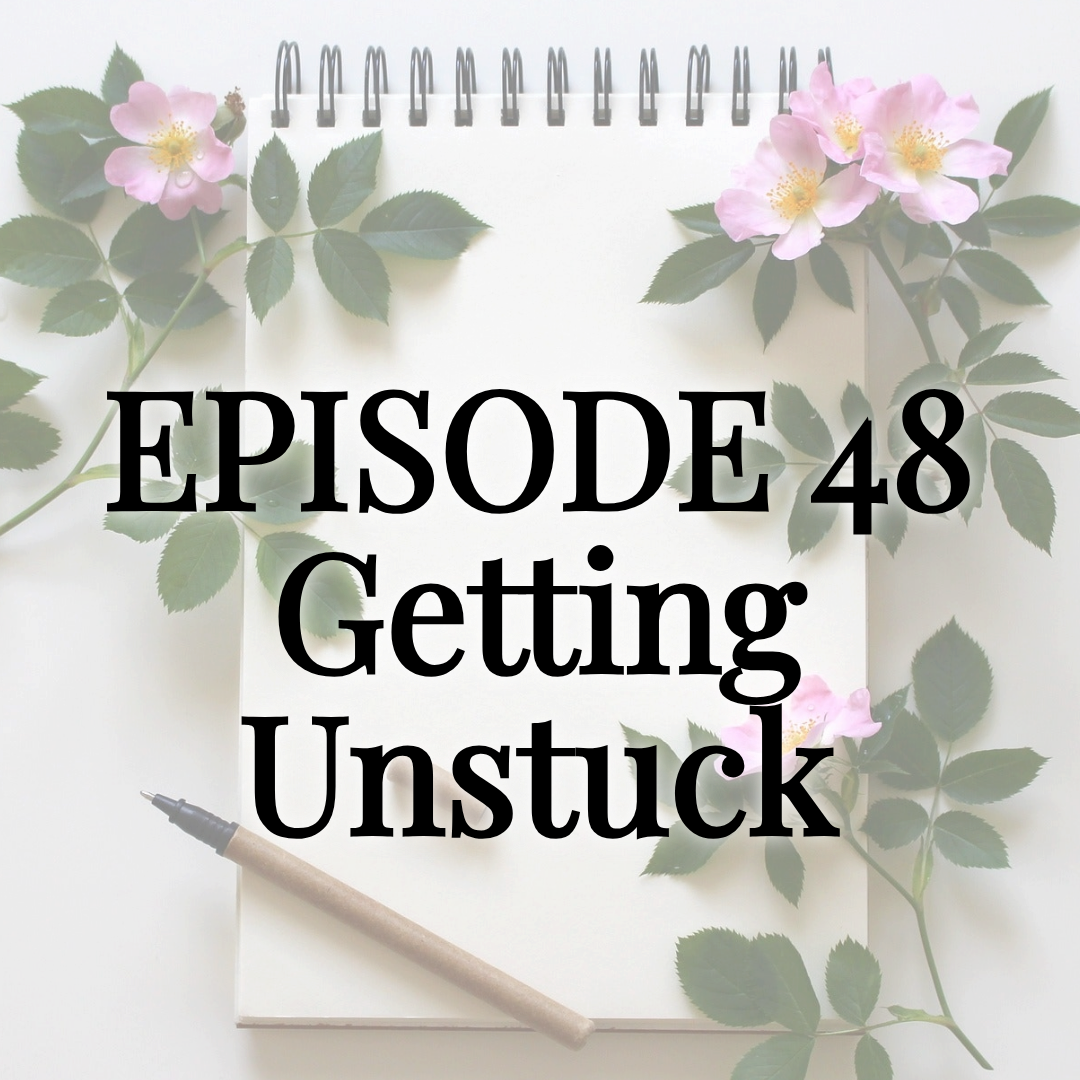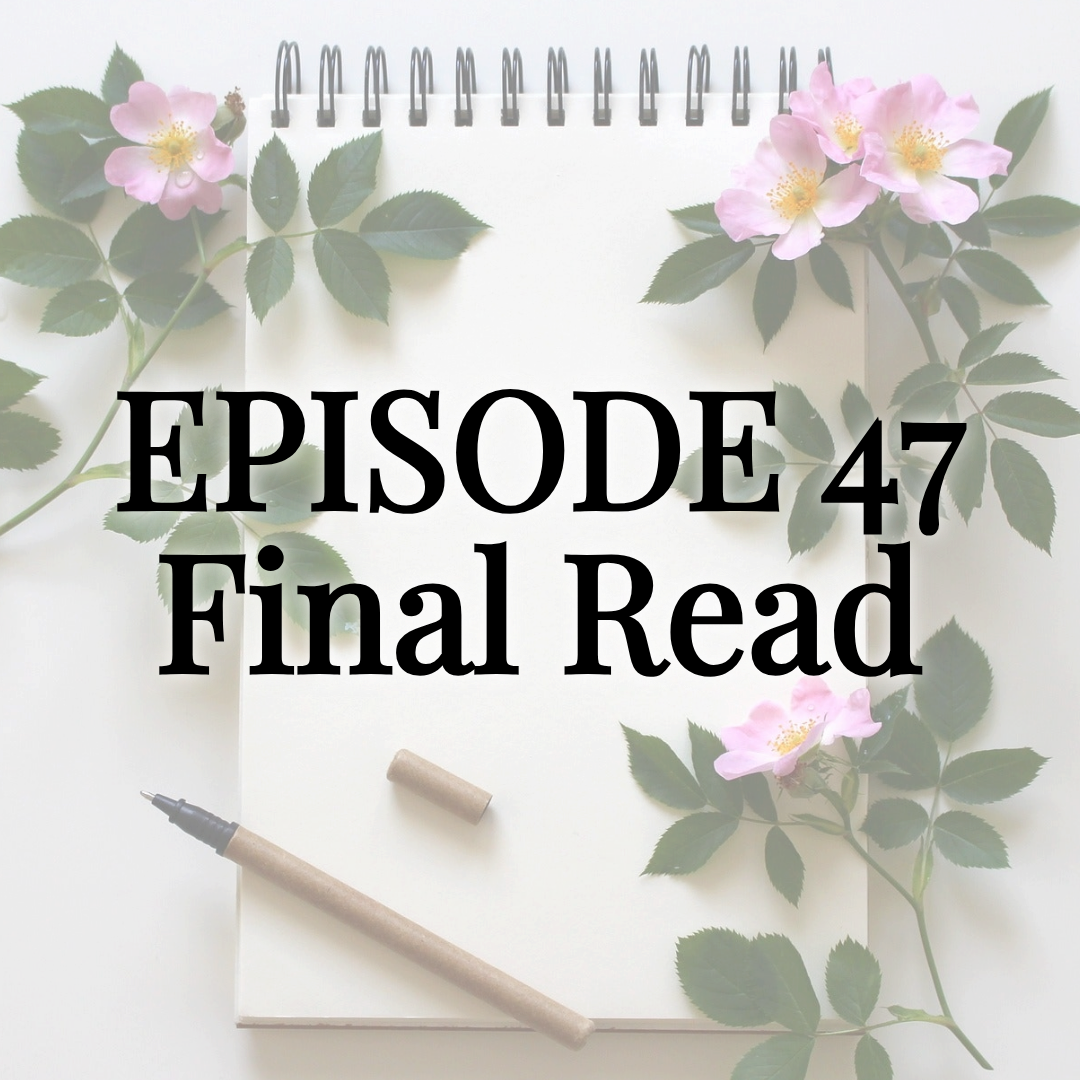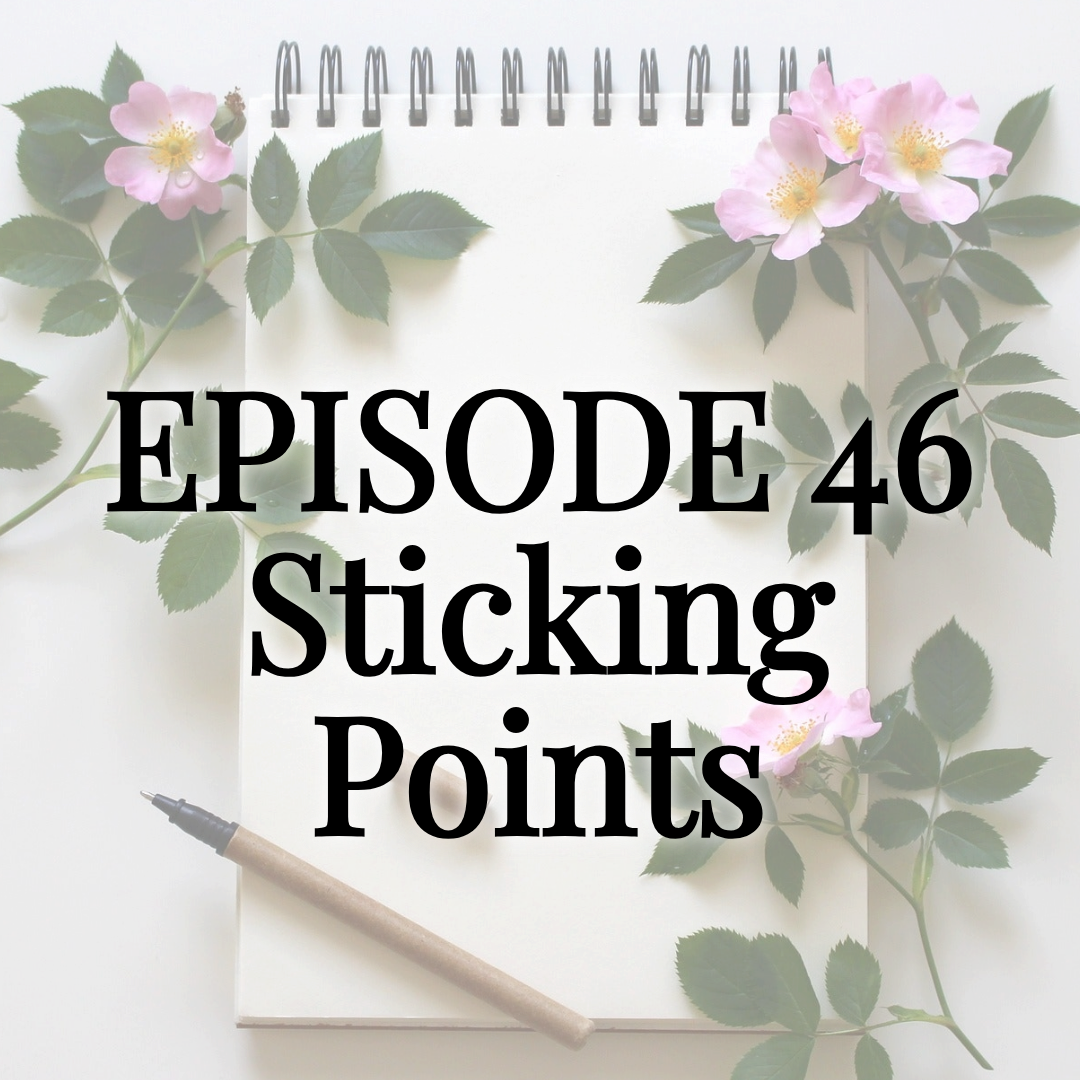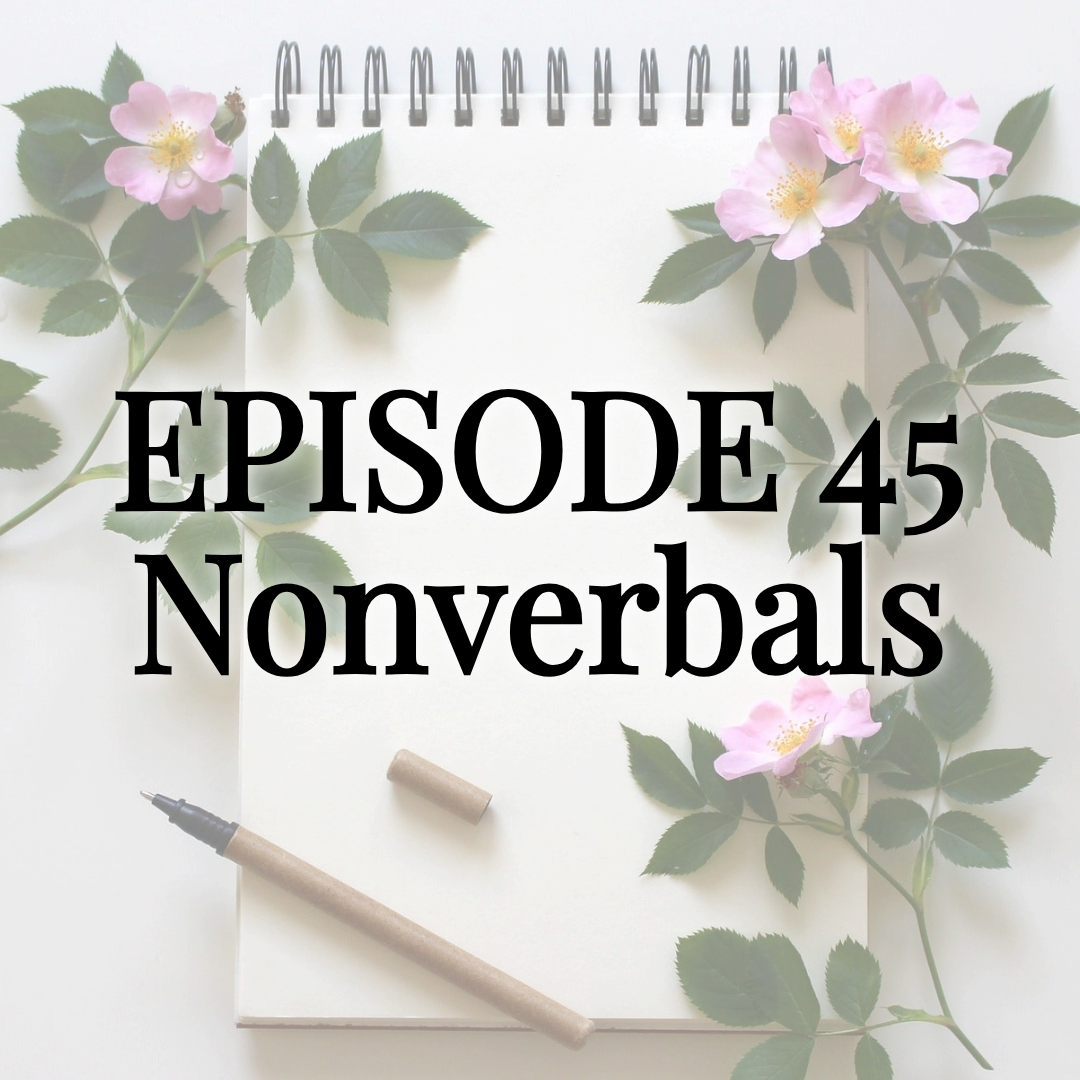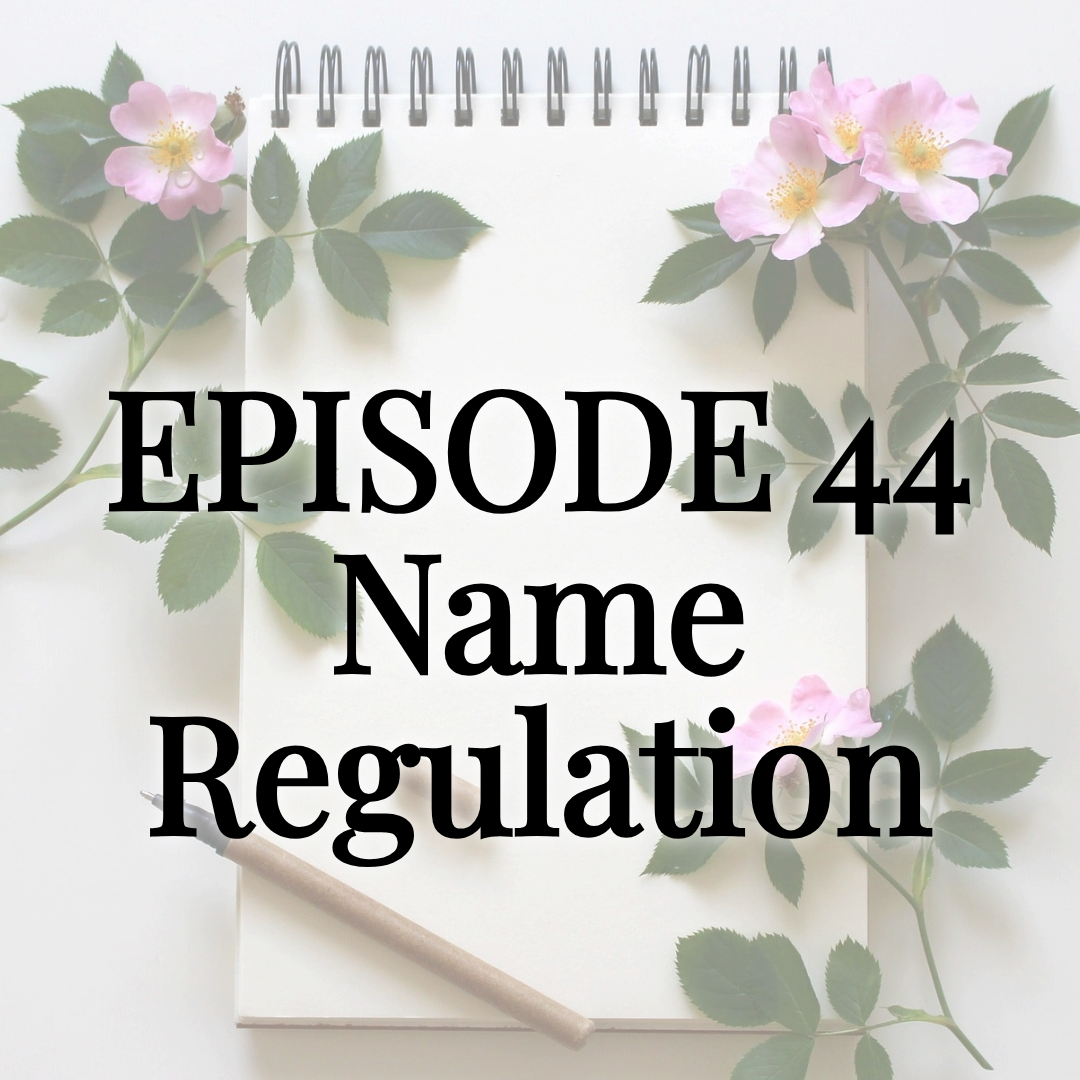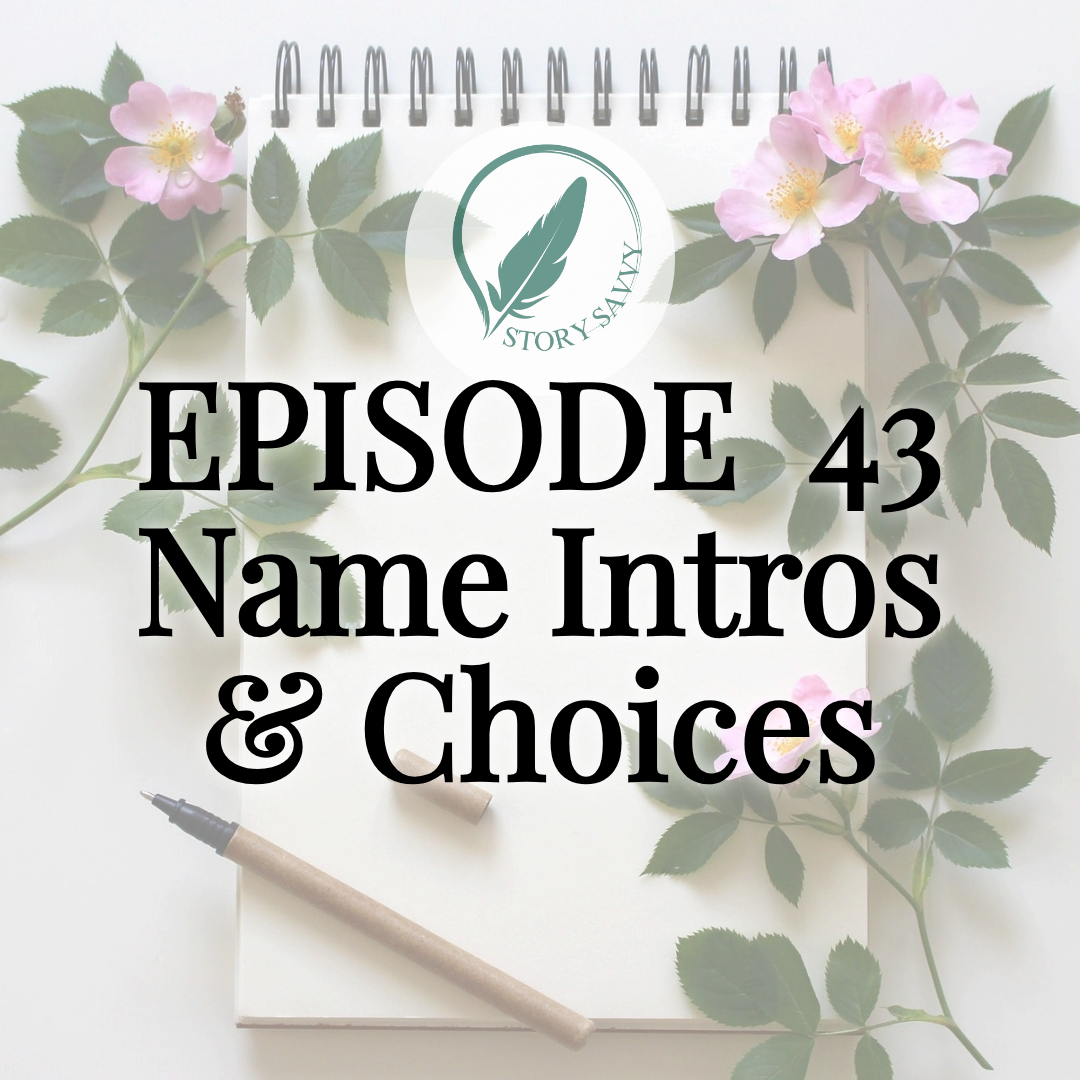Romances & Love Stories: Story Savvy Self-Editing Episode 28
Romances & Love Stories: After-episode thoughts, overview, and transcript...
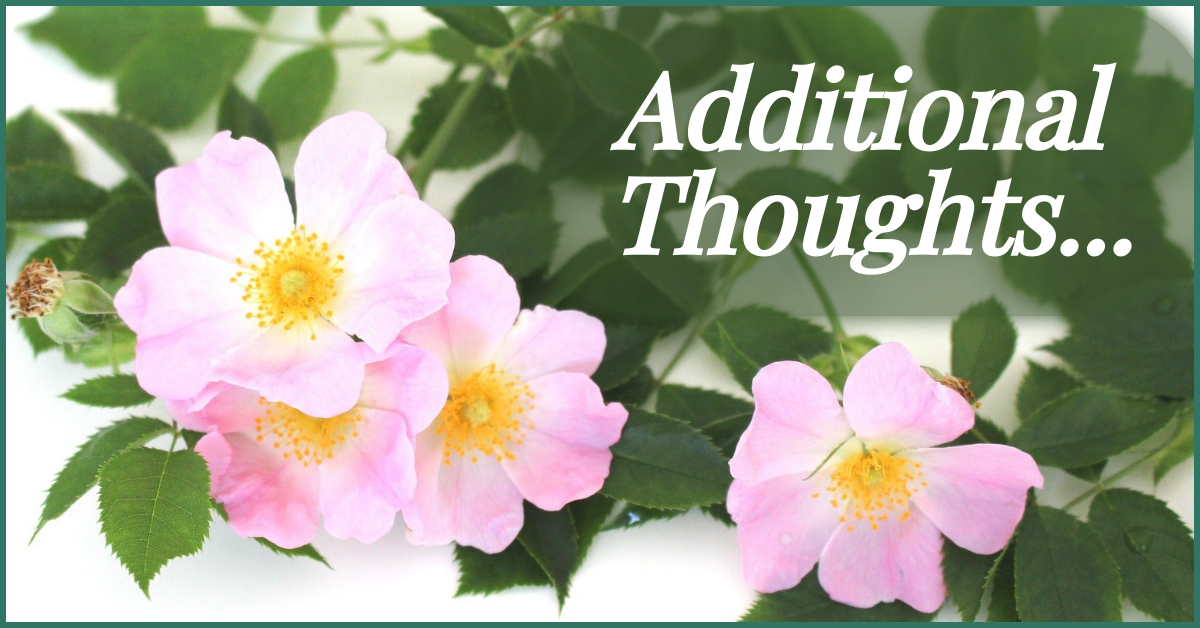
Both love stories and romances can absolutely be any gender mix, and I love editing LGBTQIA+ romances! I just tend to default to heteronormative terminology as it’s the majority of what I read.
Some previous episodes which were referenced or may be helpful to revisit with this one include
Episode 1: Starting With Target Audience,
Episode 2: Understanding Genre Expectations, and
Episode 25: Subplots & Plot Threads.
Explicit language warning for the full transcript below.
Happy editing!
Episode 28 Overview:
Romances & Love Stories
"If I’m writing romance, either as my main plot or a subplot, am I hitting all of the major expectations, beats, or requirements I need to in order to satisfy those genre readers?"
In this fantasy writing series, Rebecca offers developmental editing tips on writing a fantasy romance novel with a focus on character development in romance and genre expectations in romance. So, if you are looking for romance novel writing tips or fantasy book writing advice, this episode is for you.
In Episode 28 of the Story Savvy Self-Editing series, developmental editor Rebecca Hartwell and aspiring fantasy author Agnes Wolfe dive into the differences between a true romance and a love story. They unpack what emotional beats a romance must hit, how subplots can support or distract from a main plot, and what tropes are fair game. –SPOILER ALERT– all of them are!
Rebecca, who specializes in romance as both a writer and editor, shares her own beat sheet for romance, as well as common mistakes writers make. She also shares how to strike the right balance in standalones versus series arcs, how genre expectations shift based on whether the romance is central or secondary, and why understanding your audience is more important than avoiding tropes.
In this episode, you’ll learn:
The difference between a romance and a love story
Some key beats every satisfying romance should include
How to avoid common romance writing mistakes
What happens when romance is the subplot, not the main plot
Tips for balancing romance in standalone and series structures
Why genre expectations and reader payoff matter more than avoiding tropes
Recommended Resources:
Book: Romancing the Beat by Gwen Hayes: https://www.goodreads.com/book/show/29954217-romancing-the-beat
Book: The Love Story Guide from Story Grid. Unfortunately, this seems to be the only (legal) way to obtain it as of now: https://store.storygrid.com/product/love-and-action-genre-masterclass-story-grid-ebook/
Author’s Alcove Membership: www.authorsalcove.com
Fantasy Book Giveaway: www.AuthorsAlcove.org
See you next week for episode 29: Character Consistency, Depth, & Uniqueness
Episode 28 Transcript:
Romances & Love Stories
Rebecca Hartwell: Hello, and welcome to the Hart Bound Editing Podcast. This is Episode 28 of the Story Savvy series, where we tackle the 52 biggest self-editing topics and tips to help you make your good story great as an aspiring author ask me, a developmental editor, all of the questions that you have wanted to.
We have covered a bunch in this series so far, including last week’s episode, where we went over magic systems and fantasy.
Today, we are going to do the second of these two genre-specific episodes and talk about romance and love stories. By the end of this episode, you will hopefully feel confident identifying what romance requirements you are nailing or missing and know the difference between a love story and a true romance.
Joining me to ask all of the questions is my friend and co-host, Agnes Wolfe. Hello!
Agnes Wolfe: Hi! I'm an aspiring fantasy author who hopes to release her first middle grade fantasy later next year, and also host and founder of Authors’ Alcove.
I'm here today to tackle the topic of romance and how to nail it as a main plot or subplot.
So first off, like, romance is a pretty broad genre. For instance, what a middle grade romance writer is going to write is totally different than *smut* or your niche, like the spicy romantic fantasy as its own genre. Are there certain guidelines you would say per age group or subgenre? Do we need to approach this differently depending on the age, the genre, or what other factors should we consider?
Rebecca: Absolutely. And if you want to include romance in your story, that is a very important aspect to pay attention to when you're doing your genre research and reading—as we've talked about throughout this process.
So just as one example of this: the spice level needs to be different for different romance subgenres. For middle grade, YA, or sweet romance, that spice level needs to be zero. Absolutely nothing. It all has to be closed door, fade to black, never even mention it. Whatever the case may be.
Then on the other end of that spectrum, erotica must have lots of steam and spice. It doesn't count as that genre without it.
And then even for the in-between genres, there’s always going to be a bell curve around how much spice is expected. And knowing where you want to fall on that curve, as well as where you actually fall on that curve, can be important in the self-editing process.
For example:
- Dark romance skews towards very high spice
- Romantic fantasy skews pretty mid-range
- And then historical tends to skew towards the low end.
But all of those have a wider range of what readers will go for and feel satisfied by than the subgenres at either end of that spectrum.
Agnes: I know myself—like, I love fantasy, but I'm not a huge... I'm definitely not a smut person. And we’ve always talked about this before, like, I’m more of a prude. And so, I actually will purposely pick up young adult more often than adult because I know that the spice level is a little bit less. And so, I think that’s... that’s knowing your audience. And there’s a reason people pick up the ones that they do well.
Anyway, I know there's also certain expectations in a romance, regardless of what age group you're writing.
What are some of the beats that are absolutely expected for someone writing in this genre, regardless of age, smut level, all of that?
Rebecca: All of that. First of all, let me start off with an important distinction here between love stories and romances. A love story is what it says on the tin. It is any story about love. Be that falling in love, be that romantic obsession, or navigating a marriage that starts to fall apart after the kids are grown up, or even tragic love stories like Romeo and Juliet or Brokeback Mountain. Those are all love stories.
They have a nearly infinite range and variety, and you can do pretty much whatever you want to with them, including how you want to end them, what emotional payoff you want to deliver, and what emotions you want the reader to explore with your characters throughout.
If you watched Episode 9 [correction: 19] of this series, you may have noticed that Sue Mills, the guest host author that I had on for that episode, carefully described her novels as love stories, not romances, because they don't meet all of the requirements of a romance.
This is because romances specifically have a much narrower definition and many more requirements in order to nail them. The reason for this is that over time, the specific formula of a romance has proven to be the most popular form of a love story by a long shot. And these specific moments, conventions, emotions, and payoffs are why.
However, I do really want to impress a big point on our listeners here before I do a (as quick as I can) rundown on my personal romance beat sheet kind of highlights. And that point is: you should always interpret these beats and requirements as loosely and creatively as you can. The point is not to just make sure that you can cross something off a list, but to find interesting, impactful, inventive, unique, and memorable ways to do so.
For example, the very first romance beat on my shortlist here is the Meet Cute. Everyone has heard of the Meet Cute, especially if you're writing in romance. This can be done in a hundred super cliché ways—and, you know, cliché isn't always bad—but I do encourage folks to think outside the box.
Instead of bumping into each other at a coffee shop, what if it's at a class or a venue that one of them is deeply embarrassed to be seen at? What if someone else bumps into the female main character and the male main character has to step in and scare off this creep? What if the FMC was at the end of her rope, emotionally speaking, and the meet cute turns into her bawling her eyes out in public over the spilled coffee while the MMC is trying to comfort her?
There are lots of ways that this could go, even within the tamest, most cliché, formulaic romance subgenres out there like contemporary or small town, where you don't have a lot like magic or historical context to work with.
So, having given that caveat and that little example, here are some of the highlight romance beats. This is far from a comprehensive list, but I just want to give listeners an idea.
After the meet-cute, there should be some moments of growing attraction between the two people.
Then they should agree to engage with each other in some ongoing way. And if there's an external force pushing them together or forcing them to keep interacting, that's even better.
The midpoint shift in a romance is often a breakup between the lovers, or an event which breaks the rose-colored glasses in some way so that it eventually builds into a breakup a little bit further down the road. And just to be clear, the breakup can also be a distancing. It can also be a calling off of plans. It doesn't have to literally be, "We were dating and now I'm breaking up with you." Again, please interpret things loosely.
So, moving into the second half, this is where the lovers need to do their introspection, take accountability for their flaws, and start working towards bettering themselves in some way.
The next big beat needs to be the Grand Gesture or Proof of Love—Part One. This is often the lesser proof, and it is often not the big climax action that we'll get to in a minute. The important part here is that the protagonist—which is usually the female main character, if you're writing heterosexual standard romance—then that protagonist needs to prove that they have changed enough to earn the later, bigger proof of love from the secondary lover, and to show concretely that they want to make amends and have a second chance with this other person. Even if they don't get it yet.
After that, this is often where the subplot or the external plot gets resolved—especially, especially if the romance is the main plot and you have a subplot that's running [parallel].
Finally, and into this final act: here, you have a run of the beats that most people think of when they think of romance beats.
First, you have a Turning Point. This can be an internal change in perspective or goals. It can be a revelation from the other lover, or from a secondary character, or whatever else is needed to end the belief that exists that they can never work together long term, and give them some new hope. In A Heart of Flame, which you mentioned earlier—if anyone has read that—I chose to make that moment in my first book my main male character apologizing (well!) for his previously flawed perspective, and my female main character having a major breakdown which rekindles some emotional honesty between them. That's that turning point where they go from, "We're not speaking to each other," to, "Okay, we need to—we need to figure some stuff out here."
Next is the most important beat, in my opinion: the Grand Gesture/Proof of Love from the second lover. This is the big moment where the people in the movie theater pull out their tissues to happy cry, kind of thing. This is also the romance beat I most often find issues and flaws in when I'm editing.
So here are a couple of aspects around this beat to check in your own work.
First, it must include an element of sacrifice on the side of the person making the gesture. They need to risk their social standing or decline the promotion or otherwise lose or risk whatever it is that feels appropriate to be at stake in your genre and your book specifically.
Second to this beat: it must be done selflessly and without expecting anything in return. This requirement is a little bit less strict than the other one, but I still really encourage writers to try to learn from Mr. Darcy, the OG proof-of-love guy, where he saves Elizabeth's younger sister from being taken advantage of and saves her whole family from social ruin by bribing Mr. Wickham into marrying her. And in doing that, he asks that younger sister to keep his involvement a secret. He doesn't do it to show off and get Elizabeth to fall in love with him. He does it because he loves Elizabeth and wants her to be happy, even if it's not with him. If you can pull off that aspect of not expecting anything in return in your own story, that is going to pay off so well for your readers. It will increase your romantic payoff enormously.
And then the third point here—I won’t say requirement, but point—on this beat is that the proof of love has to be received well by the protagonist. This might seem kind of obvious to romance writers, but it can still ruin the romance if it doesn’t come across the right way. And I have seen that.
So, lastly, on this list of beats: the romance must end with a Happily Ever After or a Happily For Now. Without one of those, even if you hit all of the other beats, you do not have a romance. You just have a love story.
So, for added clarity, the reader doesn’t need to know if it’s a Happily Ever After or a Happily For Now. Both should be presented as, “We do not intend to break up for the foreseeable future.” The only way that you should attempt communicating that it really is Ever After and not For Now would be with an epilogue where they’re both very old and still together, which I only recommend doing if you have an exceptionally strong reason to do so.
There are a ton of other beats that I could mention in this list, and that’s not even getting into the conventions and obligatory moments and anything like that. But hopefully, this will give everyone a decent starting point and prepare you mentally for when you do go look up those full lists.
Agnes: So, just to clarify: so a romance has to hit all of these beats, but a love story just has to involve love. It doesn't necessarily have to hit beats. Is that correct?
Rebecca: Yes, absolutely. And the most important beat to hit for it to count as a romance is: it has to have a happy ending.
Agnes: Okay, so like, you know, with mine, there is going to be a love story in there, but it's definitely not a romance because it's going to happen over a series, and it’s not going to hit those beats. It’s going to be just kind of a friendship that turns into something more. So that would be a love story, not a romance. Correct?
Rebecca: If you want to go in that direction, you can. If I end up editing the rest of your series for you, you might be surprised how many beats you can actually hit across the series without even meaning to. Because again, I encourage everyone to interpret these requirements very creatively.
Agnes: You know what? I think I even, like, as you're saying that, I'm like thinking about it. I'm like, okay, actually, there will be. It's just not necessarily in one particular book.
Rebecca: Yes.
Agnes: Anyway, so where could we find a really comprehensive list of all the requirements of a solid, true romance? Is there something out there like that?
Rebecca: All over the place, frankly. You can find lots of resources online about the obligatory romance beats to satisfy this very picky genre. And no two will be exactly the same, so pick some favorites.
Two of my personal favorite recommendations are, first of all, a very short and quirky book called Romancing the Beat by Gwen Hayes—yes.
And then second is The Love Story Guide from Story Grid, which unfortunately is difficult and expensive to get your hands on legally since they stopped offering that masterclass. But I will still link both of those resources in the show notes.
Agnes: Awesome. So how can we know if we hit the major emotional moments for romance specifically?
Rebecca: This is so important. Hitting them is what will get readers loving and remembering your book. And missing them, even by what may seem like very little, can taint the whole story and make your readers feel frustrated or disappointed.
In self-editing, you are a little bit limited in how well you can check if you're nailing those emotional moments. Using a romance beat sheet, however, bare basics or in-depth, whatever works for you as an individual, is a great starting point.
You can also go through and make sure that the big emotional moments and your nonverbal communication, your demonstrated actions and choices, dialogue, and all of the other layers are layered correctly, and that your lovers are coming across in a way that isn't self-contradictory in the romance moments.
Beyond that, you really need outside perspective, which is why I always recommend finding feedback readers familiar with your genre. It doesn't matter if those are alpha readers, beta readers, critique partners, or a developmental editor.
Agnes: So what are some of the most common mistakes that you see as a developmental editor that writers make when trying to craft a romance?
Rebecca: A couple of things come to mind.
Number one is not delivering a clear climax, proof of love, or happily ever after/happily for now. You need to have a clear ending where you can look at it and go, “Yep, they're together now, and they're going to stay that way.”
Number two is the author doesn't provide a rival or a ‘harmer’ [opposite of a helper to the romance] or any other force of antagonism to be contended with by the lovers.
Third point is… yeah, where the author does a great job of building up a love triangle or a rival for the FMC or the protagonist to choose between—with the MMC or the secondary lover—to the point where readers think that the protagonist should have chosen differently. Obviously, reverse harem [or harem, why-choose, polyam, etc.] is an exception to this, where they don't have to choose, they can take both, but I have read and edited a couple of romances where I felt disappointed that the protagonist chose the lover that they did. And you don't really want that with your novels.
Mistake number four is when an author is trying to get by with a grand gesture proof of love that feels lacking in any sense of sacrifice or is only done to try to get the other person back, with no layer of it just being the right thing to do for the sake of it.
Mistake five is never introducing flaws in the lovers for them to overcome to eventually earn being together. You have to have that sense of, “Well, I didn't believe in love,” or, “I was too selfish.” And it's the act of overcoming that flaw that makes the happily ever after or the happily for now with the other person feel earned and deserved and have a good payoff.
I’ve forgot what number we're up to, but another mistake that I've seen often is presenting the book as a romance when the romance is actually clearly a subplot to a different plot that dominates the story. In which case I refer listeners back to Episode 25 on this topic.
And then lastly, the mistake is that the romance isn't built up gradually and consistently enough for the milestones, be they positive or negative, to feel grounded, believable, and worth being emotionally invested in. There should be some process in the romance at every scene, some progress toward that end goal, even if it's roughly that idea of two steps forward, one step back.
Agnes: So, something that crossed my mind when you were talking is actually Sarah J. Maas with ACOTAR.
And when you were saying that, you know, there's usually like a rival—sometimes it’s a person, sometimes it's just an antagonism—but she actually switched who her lover is in the first one and the second one. But she did a really good job of making you want the person in each of those books to be the person she ended with. And I just thought of that, you know? Like, that’s a really good example of somebody who chose to do that, but they chose to do it in a series—have different ones. And yet, you still rooted for who you were supposed to root for in each individual book. And I just thought that was a good example.
Rebecca: Absolutely. And it's also a great example of innovating and creatively interpreting these requirements.
Agnes: So, I know that romance is not always the main plot, as you’ve pointed out. Sometimes it's a subplot.
Like, I remember someone saying that romantasy is when the romance is stronger than the fantasy, and romantic fantasy is when the fantasy is stronger. That is the right way, correct?
Rebecca: Yeah.
Agnes: Okay. Is yours a romantasy or romantic fantasy, would you consider?
Rebecca: Romantic fantasy. My fantasy action plot is definitely the stronger of the two, and then the romance kind of underwrites that.
Agnes: That was what I interpreted it as, but I was curious as you—as the author. And so that’s probably a good thing that we're both on the same page, because we both have... and like, that’s probably why I enjoy that one so much, is because for me, romance always comes second. Like, I do not pick up a romantic romance, but I like a romantic story. I just prefer the fantasy, the imagination.
Which, by the way guys, she has an incredible magic system. Really recommend her book. I know. I do that all the time.
Anyway, so what I was asking: is there a difference in how you should handle the romance when it’s a main plot or a subplot?
Rebecca: Yes. And I wish that these terminologies were a little bit less confusing.
So, you are correct that romantasy is essentially the same thing as fantasy romance, where the fantasy is the flavoring on a romance plot. And then you have romantic fantasy, where the romance is flavoring on a fantasy plot—which is usually, you know, heroic journey, action. A fantasy, as we talked about in the genre episodes, is only the setting. So, you can have a murder mystery fantasy, you can have a rebellion fantasy. But that plot is usually more strongly represented or more important to how the story plays out than the romance is in romantic fantasy.
And then moving on from that: yes, there is very much a difference worth paying attention to around the different expectations when the romance is the main plot or the subplot.
When it’s the main plot, it needs to take precedent over any subplots. Essentially, in order for a great payoff, any and all of the subplots need to only happen because of the romance, or the outcome of them needs to be decided entirely by the outcome of the romance. The romance always has to come first.
So, if you have a romance story with a, let’s say, a competition subplot, then the competition needs to be won because the romance worked out, like in the movie Strictly Ballroom, which is one of my personal favorites. Or the competition needs to, you know, be sacrificed. That need to win needs to be sacrificed in order for them to win the romance.
However, if you have a competition story as the main plot with a romance subplot, then the opposite needs to be true. The competition plot always needs to come first, and whether the romance is won or lost needs to be an outcome of whether or not the competition was won or lost. The romance then can only be won if the contest is won, or the romance is lost because the protagonist prioritized the competition over the romance. That sort of thing.
Agnes: So, one of the things that I was thinking about when you were saying the difference between main plot and subplot is like your own story: the reason why I was assuming that the fantasy was primary is because I was rooting for Angie as a person, not as Angie and Daniel.
Rebecca: Yes.
Agnes: So, I think that that’s how you can tell the difference. Like, what are you rooting for? Are you rooting for... And so for me, I was rooting for Angie as a person. Like, is she going to... and I can’t say!
Rebecca: No spoilers!
Agnes: But like, I would. And I think that that’s a good idea. Or—that was why I assumed that the romance plot was the subplot in that particular book.
Rebecca: Stakes can be helpful in that too, because in my book as an example, the protagonists both choose stakes other than love with each other as more important than the romance.
Agnes: Oh! Okay. So, if the romance is not the main plot, how can we make sure the romance doesn't distract from the main plot? Because obviously, you did a good job of that—because I was rooting for Angie. Or, in some cases, when do we need to make a shift and realize that maybe we’re actually writing a romance?
Rebecca: I'm mostly going to refer people back to Episode 25 for the second question that you asked there. It comes down to how well you are hitting the expectations for each of your different genre options, what emotions and themes you are exploring and delivering, and all of those aspects we talked about in that episode.
As for the first part of your question there: first of all, you can always just make sure that they are tightly woven together. Make sure that the love interest would still be present, and active, and important even if there was no romance. Make it so that the love interest is important to succeeding in the main plot. And do what you can to explore similar themes through the main plot and the romantic subplot so it doesn't feel like they're at odds.
Another approach might be to adjust your stakes in either plot. Make the stakes of the romance subplot lower and/or the stakes of the external plot higher and/or more important to your protagonist if push comes to shove.
Lastly, make sure that you are hitting the genre expectations for the main plot at least as well as you are for the romance. And if you want to, tally how many chapters, scenes, pages, or paragraphs are dedicated to either the main plot or the subplot and adjust that ratio if you need to do so.
Beyond that, just ask your feedback readers if they feel that it is or was an issue and if they have any suggestions for fixing it in your specific case.
Agnes: So, I think I have a good idea of what you're going to say with the next question I was going to ask—because I was thinking about ACOTAR and how well she did on the first and second book. But I want to talk about series.
So, when writing a series, how satisfying should the romance be at the end of, like, the first book or at the end of the second book? Should that be tied up? Or is it okay to leave some tension between them to entice people for that next book?
Rebecca: It really depends on what kind of series you are writing.
For dynamic series, where it's going to be one romantic couple across the whole series, it's really your call to make. But you do need to have some degree of "someday we will have our happily ever after" in the mix, or a solidly happily for now.
Beyond that, it's really up to you if you want to make it feel solid at the end of an earlier book or end with the romance, on a cliffhanger, or anything in between.
The magic formula that I generally strive for in my own work and have suggested to a couple of clients is to end with a happily for now, even if it's a bittersweet happiness of, "I do want to get back together with you, but not right now." I’ll make sure that I’m also, in that very last chapter or two, showing the internal flaws that both characters are still going to have to overcome and deal with in order for them to actually have long-term compatibility and get to that happily ever after. Until, of course, you get to the last book, and then you want that happily ever after right there, after that much investment from your readers. So that’s a dynamic series.
And then for a standalone series, I suggest treating each book like there won’t be another and giving it a solid enough happily for now/happily ever after that you are delivering the maximum amount of romantic payoff you possibly can. Because that is then going to show your reader that they can expect that same high-quality hit from the other books in that standalone series.
Agnes: So, I know we need to wrap up here, but I did want to ask one last question. And this question makes me think about Hallmark movies and how tropey and cliché they are.
Like, you can literally—my husband, whenever I watch a Hallmark movie, he's never sat down, not once, to a Hallmark movie—but he can tell me the entire storyline just by walking in. He’s like, "Oh, you're watching a Hallmark movie?" And he tells me the storyline. I'm like, "Hey! You ruined it for me!" But I still have to watch it.
But when we're writing our own stories, we're not writing Hallmark stories. So, are there certain clichés or tropes that we should avoid?
Rebecca: The answer might surprise you. My answer is: no.
All that matters is that you know exactly who you are writing to, and exactly what subgenre accurately describes your book.
Some people—that’s you?
Agnes: —Yeah! And that’s—well—and that’s why I can watch every Hallmark movie there ever was and not care about the fact that they're following every trope, every cliché, every moment. And you literally can say exactly what's going to happen. I enjoy that.
Rebecca: And those movies are made for you, not your husband. Because some people will absolutely love every single cliché or trope you see others hating.
Pregnancy, CNC, why-choose, cheating kink, sweet kidnapping, conventionally unattractive monsters, aliens—you name it. All of those may score very unfavorably if you polled all romance readers across all subgenres together.
But there are subgenres and subsections of that audience that go absolutely feral for those tropes and conventions and clichés if you just find the right readers. So, if you need to, go back to Episodes 1 and 2 on this topic and find your audience, your genre, and they will love even the most cliché, tropey shit you could possibly write.
Agnes: I would be very upset if they did not have every cliché and trope in a Hallmark movie. I'd be so disappointed. Like, "That wasn’t even a Hallmark movie!"
Rebecca: Exactly.
Agnes: Well, anyway, thank you so much for your insight. It has helped me so much. Thank you.
Rebecca: You are very welcome. And next week we will go back to pan-genre fiction as much as we can and go over character depth, dimensionality, and consistency, and how to check those aspects in our self-editing.
For now, I will thank all of our listeners who follow along with this series. We would really appreciate it if you could help us out by liking and subscribing to the Hart Bound Editing Podcast and the Authors' Alcove Podcast, (if you haven’t already!) where you can find lots more content for fantasy authors and readers beyond this joint series.
Agnes: Can’t wait to chat again. Thank you.
Rebecca: Thank you so much for listening to the Hart Bound Editing Podcast. I look forward to bringing you more content to help you make your good story great so it can change lives and change your world. Follow along to hear more or visit my website, linked in the description, to learn how I can help you and your story to flourish.
See you next time!
